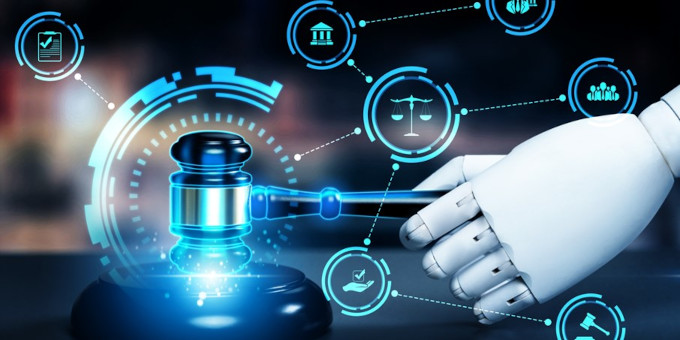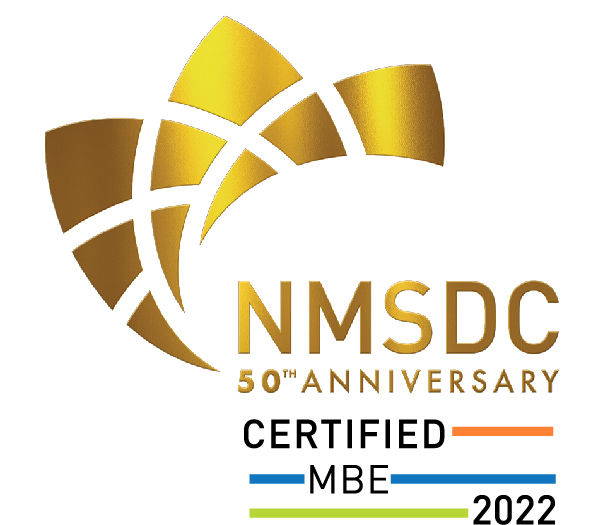The Metaverse: A New Frontier for eDiscovery?
WRITTEN BY: Array – Julia Helmer
In October 2021 Facebook founder Mark Zuckerberg announced the social media giant would rebrand the company as Meta and focus on developing the Metaverse, a digital platform that provides three-dimensional spaces for individuals to socialize, play, work, learn and shop. The Metaverse harnesses a variety of technologies, including virtual reality and augmented reality which its parent company describes as “the next evolution of social connection.”
Meta has gone all-in on the project, spending $10 billion on it in 2021. While its success has yet to be seen, investment banks like Citi have said the Metaverse could one day be worth as much as $13 trillion and have as many as 5 billion users. Multinational companies like Walmart, Nike and Microsoft also see the promise of the platform and are investing in their digital presence in the space.
As Meta prepares to take its users to the new frontier of the Metaverse, what do in-house attorneys and paralegals need to know about its impact on eDiscovery? Here are some things to keep in mind.
Existing eDiscovery principles will apply to the Metaverse.
While the concept of the Metaverse may be new, the electronically stored information, or ESI, associated with it will likely not be. Those in the Metaverse can expect that their interactions in it will produce data in some form, whether it’s chat logs, audio or video files.
The production of such data raises a second issue: storage.
Companies engaging in the Metaverse will need to have some means of preserving information when they are reasonably aware of pending litigation, as well as have a means to collect it, review it and make it available in discovery.
Companies and their legal teams will need to know what data points are being collected by the service, where the data is being stored, the technical owner of the database, the company or service’s retention policies and how that data should be exported to glean meaningful information from it.
The Metaverse will not immediately impact eDiscovery.
Over the course of the growth of the eDiscovery industry, there have been significant advancements in technology as well as several sea changes of the types of ESI that is typically expected in eDiscovery exchanges. We’ve seen the rise in prominence of modern ESI from cell phones, for example. One thing we can all agree on is that the eDiscovery world takes time to catch up to technological innovation.
Frequently, businesses are slow to adopt new technologies widely. Once new trends take root, we start to see them more frequently in eDiscovery and work to address the unique questions that arise from them. Many of the basic questions of ownership, storage and what kinds of information are collected tend to be answered in some form long before eDiscovery vendors need to sort them out.
Collaboration tools provide an analogue.
As Meta seeks to fundamentally alter the ways in which we interact with the world, there are clear similarities to collaboration technologies that have made gains in the workplace in recent years, like Slack and Microsoft Teams. Our previous suggestions for addressing new workplace collaboration tools remain the same for the Metaverse.
Just as companies need to ensure their legal hold processes take into consideration the specific needs of their collaboration tools, they will also need to eventually make sure their policies and processes are in line with preserving and retaining data from the Metaverse.
The eDiscovery industry will continue to learn more about Metaverse as it becomes more widely used. We’ve handled changes in technology before and quickly mastered the challenges set before us. We are confident the same will occur with the Metaverse.








Leave A Comment